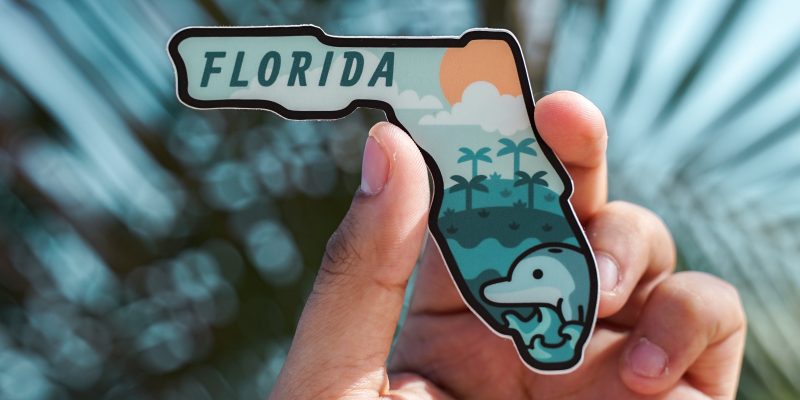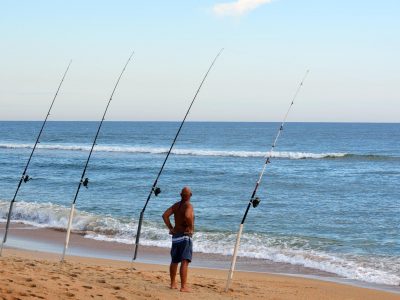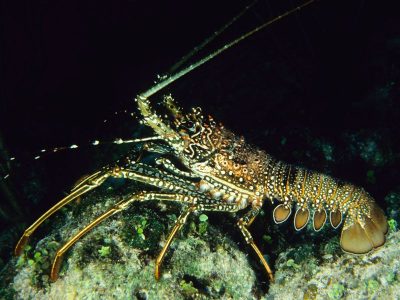If you are a Florida resident, or if you are just visiting for a fishing trip, it is important to be familiar with the fishing regulations in place. There are many rules and regulations that govern how, when, and where you can fish in Florida.
In this blog post, we will discuss the top 5 fishing regulations regarding fishing licenses you need to know before heading out on your next fishing trip.
1. If you want to fish in Florida, you will need a fishing license. You can obtain a license from the Florida Fish and Wildlife Conservation Commission (FWC) website, any county tax collector’s office or tackle shops that sell fishing licenses. There are convenience fees charged for paid licenses as well as free ones purchased on the FWC website. Most charter boats fishing has a license that covers their anglers. For private boats, everyone who is fishing needs to have a fishing license unless exempt. Certain marine parks may require a separate permit to fish in that particular area. You must have a hard copy, card, printout of your purchase or your license on your phone via the FWC app to present should you be stopped by a wildlife officer. If fishing outside of cell service, have a hard copy handy. Those who are exempt need to have a government-issued ID for proof of age and residency.
2. If you are a resident of Florida, you will need to purchase a freshwater or saltwater fishing license unless you are under age 16 or age 65 or older. If you are visiting from out of state, you will need to purchase a non-resident fishing license. For those fishing for reef or bottom fish, there is a free State Reef Fish Angler Designation you must obtain. If you are fishing from shore, beach, bridge, or any structure attached to lands such as a dock or pier, you must get a free shoreline fishing license unless you already have a saltwater fishing license that covers you in that case. There are exemptions for persons with disabilities on the FWC website.
3. There are size and bag limits for many of the fish that can be caught in Florida waters. These limits vary depending on the type of fish, so it is important to check before you go fishing. Some of the most popular fish in Florida include snook, redfish, trout, tarpon, Mahi, tuna, and kingfish. Some species, such as snook, tarpon, spiny lobster, and targeting sharks from shore require an additional permit or “stamp” you can purchase when buying your license unless you are under age 16 or 65 and older. For shark fishing from shore, the permit is free. The fish size and bag limits, as well as fish you should release and seasons where you can or cannot keep certain fish, can be found on the Florida Fish and Wildlife Conservation Commission website. In some areas such as the Florida Gulf Coast regions, you are required to release fish you could keep in other areas. There is a Descend Act in effect requiring those fishing for reef fish in Gulf of Mexico Federal waters to have a venting tool or descending device rigged and ready.
4. Freshwater game fish are limited to a bag limit of two days. Some freshwater fish have bag limits, plus there could be specific bag limits when fishing in a certain region. Anglers aren’t permitted to take more than two days’ worth of freshwater game fish with them out of state. Another important guideline to remember is that game fish must not be gutted or deboned until after the activity, for freshwater and saltwater. That means you can’t fillet or remote their head or tail fin until you’ve caught your limit for the day. Saltwater fish should not be filleted until you are back on land, even if fishing multiple days and do not return back.
5. If you are fishing from a boat in Florida waters, you must have a valid boater safety ID card if you were born after January 1, 1988. You can obtain a boater safety ID card from the Florida Fish and Wildlife Conservation Commission website or from any county tax collector’s office.
These regulations are designed to protect the fish population and to ensure that everyone has a safe and enjoyable fishing experience. There are fines for fishing without a license. By familiarizing yourself with these regulations, you can help to ensure that your next fishing trip is a success!
Regulations can and do change. For more information and updates on Florida fishing regulations or licenses, visit the Florida Fish and Wildlife Conservation Commission website, www.gooutdoorsflorida.com, or check your local tackle shop for a regulations brochure. Regulations per species can also be found on the FishVerify app or website.


